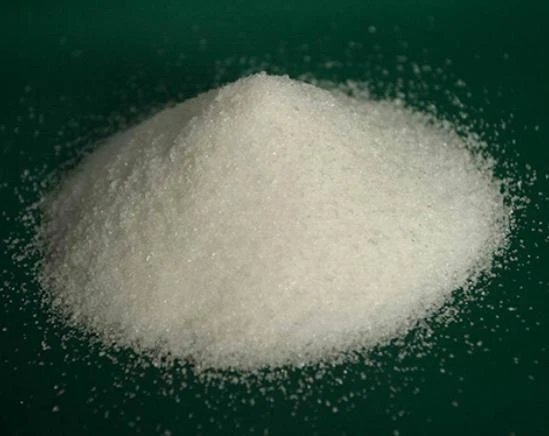Factors Influencing Scale Formation and Effectiveness of Corrosion Inhibitor Chemicals
Scale and Corrosion Inhibitor Chemicals A Comprehensive Overview
In the industrial landscape, particularly within sectors such as oil and gas, power generation, and water treatment, the challenges posed by scale formation and corrosion cannot be overstated. These phenomena not only deteriorate equipment but also lead to increased maintenance costs and operational inefficiencies. To combat these issues, the application of scale and corrosion inhibitor chemicals is paramount. This article delves into the function, significance, and categories of these inhibitors.
Understanding Scale and Corrosion
Scale formation occurs when dissolved minerals precipitate out of water, resulting in deposits that can accumulate in pipes, boilers, and cooling systems. Common scales include calcium carbonate, calcium sulfate, and various silicates. These deposits restrict flow, reduce thermal efficiency, and elevate the risk of equipment failure.
Corrosion, on the other hand, is the gradual degradation of materials, particularly metals, due to chemical or electrochemical reactions with their environment. Factors influencing corrosion include the presence of moisture, temperature fluctuations, and the pH level of the surrounding medium. The consequences of corrosion can range from minor leaks to catastrophic equipment failures, making it a critical concern in industrial operations.
The Role of Inhibitor Chemicals
Scale and corrosion inhibitors are formulated chemicals designed to mitigate these issues by either preventing the formation of scales and rust or by slowing down the rate of corrosion. Their effectiveness can significantly extend the lifespan of equipment, enhance operational efficiency, and reduce downtime.
1. Scale Inhibitors These chemicals work by interfering with the process of scale formation. They can be categorized into two main types threshold inhibitors and crystals modifiers. Threshold inhibitors, like polyacrylic acids or phosphonates, prevent scale deposition at very low concentrations, whereas crystal modifiers alter the morphology of the scale crystals, preventing them from adhering to surfaces.
2. Corrosion Inhibitors These substances form a protective layer over metal surfaces, shielding them from the corrosive effects of their environment. Corrosion inhibitors can be classified into anodic inhibitors, cathodic inhibitors, and mixed inhibitors. Anodic inhibitors, such as phosphates and nitrites, act by reducing the rate of oxidation on metal surfaces, while cathodic inhibitors decrease the reduction reaction at the cathode. Mixed inhibitors offer a more holistic approach, addressing both anodic and cathodic reactions.
scale and corrosion inhibitor chemicals

Significance of Inhibitors
The application of scale and corrosion inhibitors is crucial for several reasons
- Cost-Efficiency By preventing scale and corrosion, these chemicals help in avoiding expensive repairs, replacements, and operational downtime. The overall lifecycle cost of the machinery is significantly reduced.
- Operational Reliability Equipment that operates without the hindrance of scale or corrosion functions more reliably, which is essential for maintaining productivity in industries where downtime can lead to substantial financial loss.
- Environmental Protection Corrosion can lead to leaks and spills, resulting in environmental hazards. Proper use of inhibitors minimizes this risk and contributes to sustainability initiatives.
- Safety Preventing corrosion reduces the risk of catastrophic failures and enhances the safety of operations, protecting not only the investment in machinery but also the health and safety of personnel working in these environments.
Conclusion
In conclusion, the use of scale and corrosion inhibitor chemicals represents a proactive approach to maintaining the integrity and efficiency of industrial systems. As industries continue to grow and face new challenges, the development and application of innovative inhibitor technologies will be essential in promoting operational efficiency and environmental stewardship. Investing in these chemicals ultimately translates into significant savings and a safer, more reliable industrial future.
-
Dodecyldimethylbenzylammonium Chloride: High-Purity DisinfectantNewsAug.30,2025
-
2-Phosphonobutane-1,2,4-Tricarboxylic Acid: Scale & CorrosionNewsAug.29,2025
-
Premium Isothiazolinones | Broad-Spectrum Biocidal SolutionsNewsAug.28,2025
-
LK-319 Special Scale And Corrosion Inhibitor For Steel Plants: Advanced Solutions for Industrial Water SystemsNewsAug.22,2025
-
Flocculant Water Treatment: Essential Chemical Solutions for Purification ProcessesNewsAug.22,2025
-
Isothiazolinones: Versatile Microbial Control Agents for Industrial and Consumer ApplicationsNewsAug.22,2025





